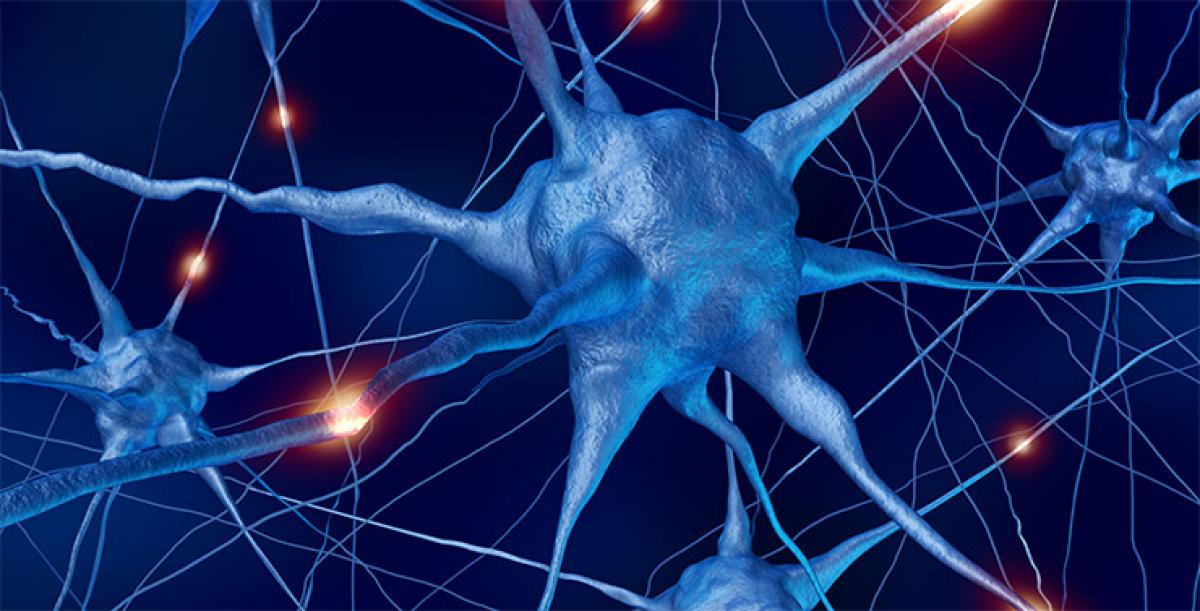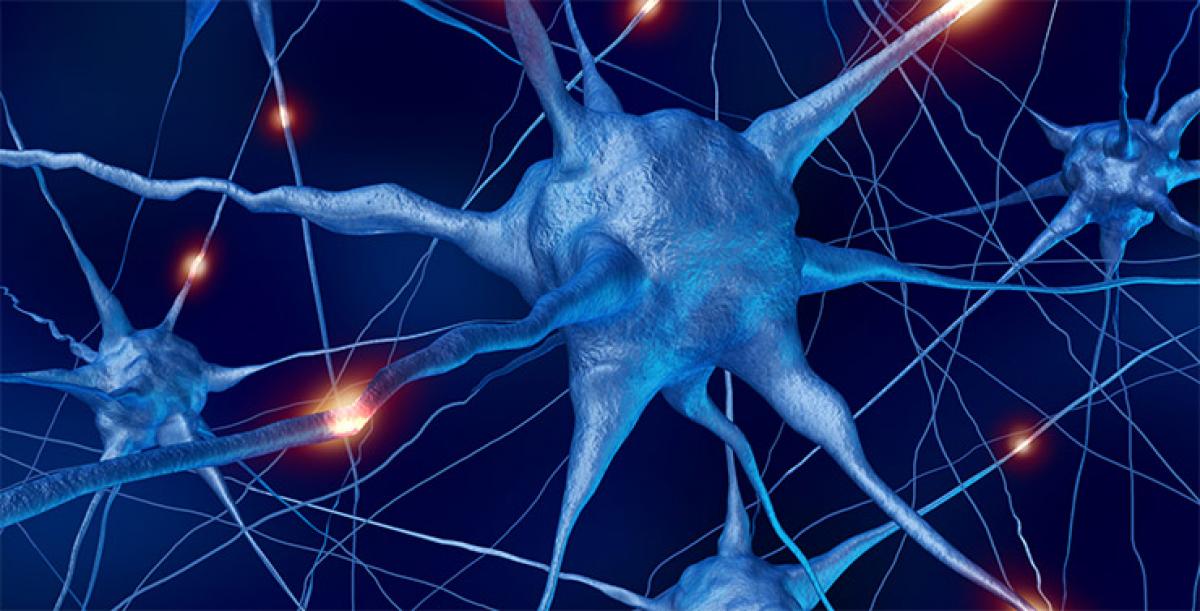Live
- Karthika Deepotsavam celebrated at SV University
- Bengali Actress Uma Dasgupta Dies After Prolonged Illness
- AP Minister Ramanaidu addresses concerns on irrigation in assembly
- Police make preventive arrests of MPs Eatala and Aruna
- Farhan Akhtar Pays Tribute to Rezang La Heroes with First Look of ‘120 Bahadur’
- Water supply blocked to farmlands
- Borrowing cost still stressful: FM
- Gold rates in Delhi today surged, check the rates on 19 November, 2024
- Lagacharla women pour woes at NHRC
- Delhi’s Air Quality Hits Hazardous 500 Mark: Pollution Crisis Disrupts Life and Health










